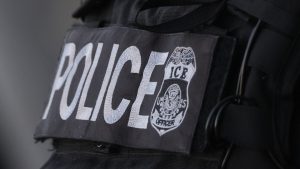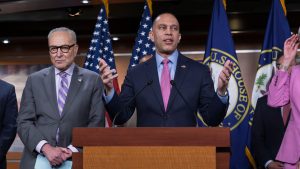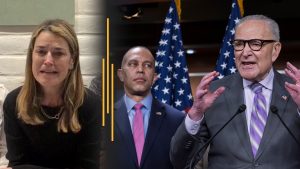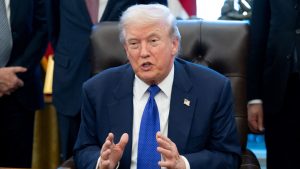White House confirms a US nuclear proposal has been sent to Iran: Report
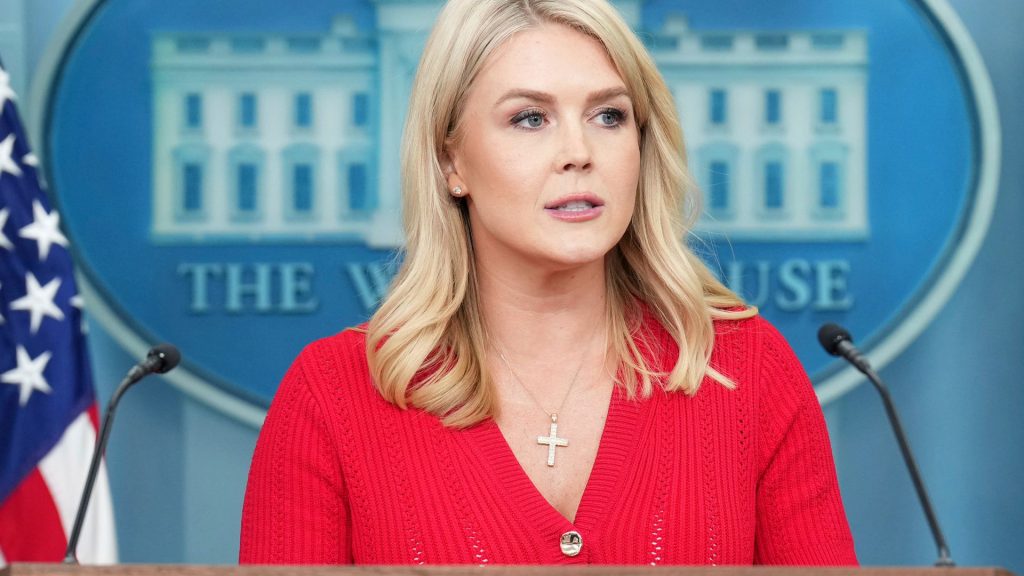
One day after the International Atomic Energy Agency (IAEA) released a report on the past, present and future of Iran’s nuclear program, White House press secretary Karoline Leavitt confirmed Sunday, June 1, that Washington has extended a nuclear proposal to Tehran, The Hill reports. However, Leavitt told the outlet’s sister network, NewsNation, that she would not elaborate, “out of respect for the ongoing deal.”
Both Washington and Iran confirm the proposal
What the press secretary did say, however, is that “President Trump has made it clear that Iran can never obtain a nuclear bomb,” adding, “Special envoy [Steve] Witkoff has sent a detailed and acceptable proposal to the Iranian regime, and it’s in their best interest to accept it.”
Iranian Foreign Minister Abbas Araghchi alluded to the proposal on Saturday, May 31, when he wrote on X that Omani Foreign Minister Badr al-Busaidi, who’s been acting as a mediator in ongoing talks between Tehran and Washington, shared “elements” of a U.S. proposal.
Al-Busaidi, Araghchi wrote, “paid a short visit to Tehran today to present elements of a US proposal which will be appropriately responded to in line with the principles, national interests and rights of the people of Iran.”
Can Iran keep its nuclear program for civilian purposes?
It’s unclear if Leavitt’s assertion that Iran cannot develop a nuclear bomb leaves room for it to continue its nuclear program, which the country maintains is for civilian energy purposes only. That is something Witkoff, who serves as the Trump administration’s Middle East envoy, has previously sent mixed messages about.
During an April 14 interview with Fox News, Witkoff said that Iran didn’t need to enrich its uranium beyond 3.67%, the enrichment level typical for fueling nuclear power reactors. However, the following day, Witkoff wrote on X that “Iran must stop and eliminate its nuclear enrichment and weaponization program,” suggesting even power generation could be out of the question.
Proposal comes amid IAEA report and ongoing talks
Meanwhile, Leavitt’s confirmation of a U.S. proposal comes one day after the IAEA released a report about Iran’s nuclear program over the years. While some organizations characterized the report as “damning,” others said there was nothing “revelatory” in it.
In short, the report found that Tehran had housed undisclosed nuclear materials at three of the four sites the report was tasked with investigating, including Lavisan-Shian, Varamin and Turquzabad. Those sites, the IAEA said, “were part of an undeclared structured nuclear programme carried out by Iran until the early 2000s,” adding, “some activities used undeclared nuclear material.”
However, as the nonpartisan Arms Control Association noted, the report also stated that there are “no credible indications of [an] ongoing, undeclared structured nuclear programme.”
In a separate report shared with the IAEA’s Board of Governors on Saturday, the agency said Iran’s stock of uranium enriched by upwards of 60% has doubled since February. The 408.6 kilograms currently in Iran’s possession, if enriched to 90%, would be enough to build nine nuclear weapons.
Iran publicly abandoned its nuclear weapon ambitions in 2003 and, according to U.S. Director of National Intelligence Tulsi Gabbard, has not resumed that project since.
The proposal also follows nearly two months of high-level nuclear negotiations between Washington and Tehran, marking the first such developments since President Donald Trump, during his first term in 2018, walked away from the Iran nuclear deal brokered by former President Barack Obama three years earlier.
The talks have been described as “friendly,” with al-Busaidi saying, “even the unlikely is possible.”


